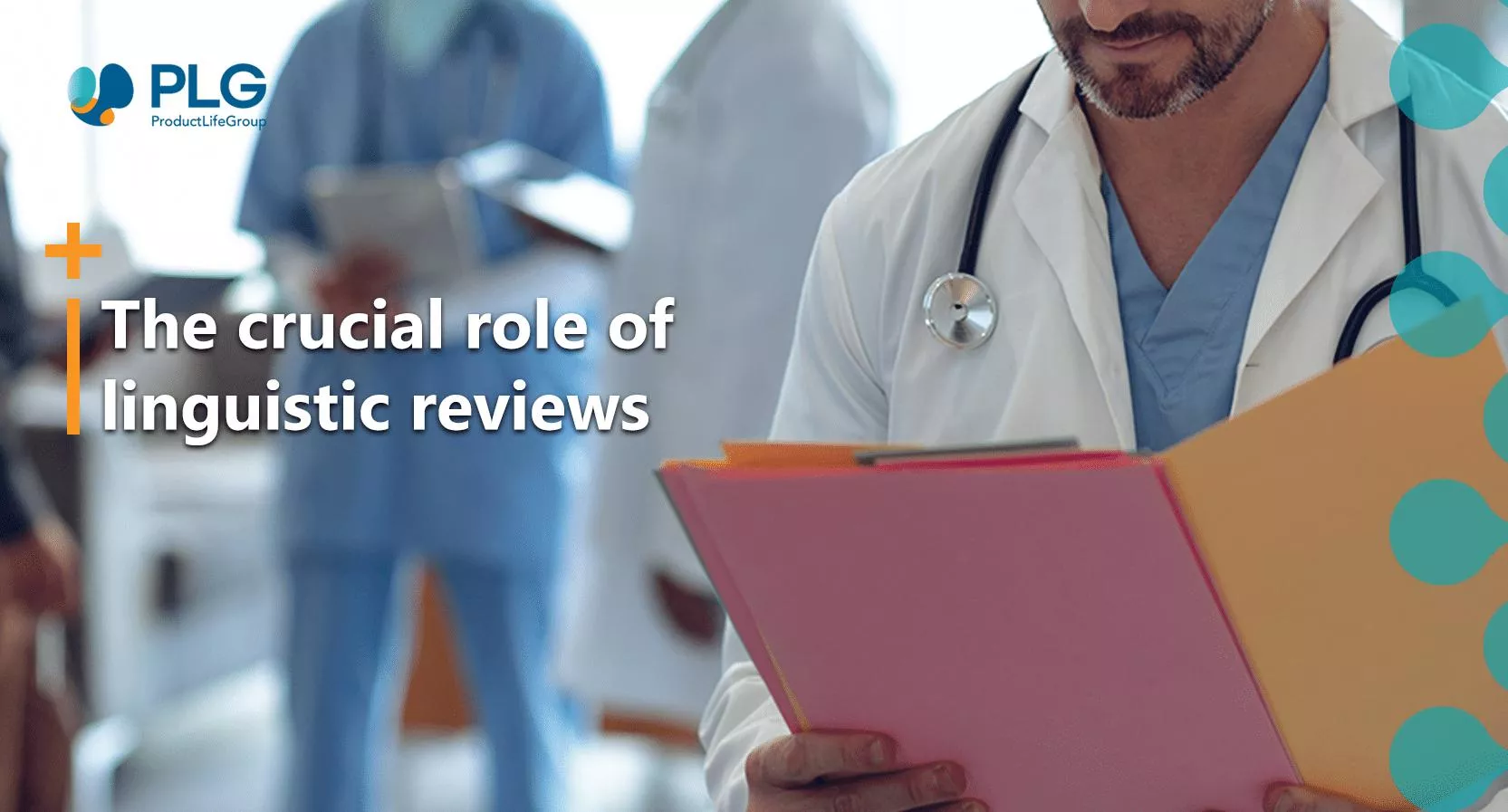
The Crucial Role of Linguistic Reviews in the Pharma Industry
01 august 2023

The Linguistic reviews are conducted to ensure the quality and uniformity of the Product Information (PI) across all European countries. These reviews are exclusively carried out for products registered through the centralised procedure. The process initiates on Day 121 for a new Marketing Authorisation Application (MAA) and on Day 181 for a variation/renewal. Following the receipt of the Committee for Medicinal Products for Human Use (CHMP) opinion, the submission occurs on Day 215 for the Health Authority (HA) to comment on the PIs and the final submission on Day 235. Throughout this process, it is accompanied by several challenges.
Linguistic Review Challenges for Centralised Procedure
Language Accuracy: Ensuring accurate and precise translation of regulatory information across
multiple languages can be challenging. Translating complex scientific and technical terms accurately while maintaining consistency and clarity poses a significant challenge.
Time Constraints: Linguistic reviews often operate within tight timelines due to regulatory submission deadlines. The need to promptly translate and review extensive volumes of information can put pressure on the linguistic review team, potentially impacting the quality and thoroughness of the process. The milestones of a linguistic review typically include the following:
- Day 181: Receipt of the updated English PI
- Day 210: CHMP opinion (which may include additional changes requiring translation, review, and consolidation within a 5-day timeframe, including weekends)
- Day 215: Submission to HA
- Day 229: Deadline for HA to provide their comments
- Day 235: Final submission to European Medicines Agency (EMA)
Coordinating with Multiple Parties and Managing Volume and Complexity of Information: Linguistic reviews coordination with multiple stakeholders involved in the process can be challenging. The need for effective communication and collaboration among translators, reviewers, regulatory authorities, and other parties adds complexity to the process. Key considerations include ensuring seamless coordination, managing timelines, and maintaining consistency across different languages and regions.
Additional Considerations for the Linguistic Review Process
Specific template requirements: The linguistic review process involves adhering to specific template requirements outlined by the “Quality Review of Documents (QRD)”. This includes format, layout, margins, PDF conversion, bookmarking, file naming requirements, preparing QRD Form 1 & 2 checklists, and preparing clean and tracked changed files. Compliance with these template requirements is crucial for regulatory submissions. Having prior experience and expertise in working with these templates is essential to ensure accuracy and consistency in the linguistic review process. Additionally, knowledge of submitting the reviewed materials to regulatory authorities, such as through EudraLink, is vital.
PLG supports clients in overcoming challenges in the Linguistic Review Process
ProductLife Group (PLG) reassures clients that these challenges can be easily overcome, thanks to their expertise in this area. PLG has a team of highly skilled linguists with expertise in medical and regulatory domains. They possess in-depth knowledge of terminology and ensure accurate translation of complex scientific and technical terms. The coordinators of the process understand the importance of meeting regulatory submission deadlines. With their experience managing linguistic review projects, they employ efficient project management strategies and utilise appropriate translation technologies to optimise the process. In conclusion, partnering with PLG unlocks excellence in linguistic reviews.
Register to our news and events
Go to our Events to register
Go to our News to get insights
